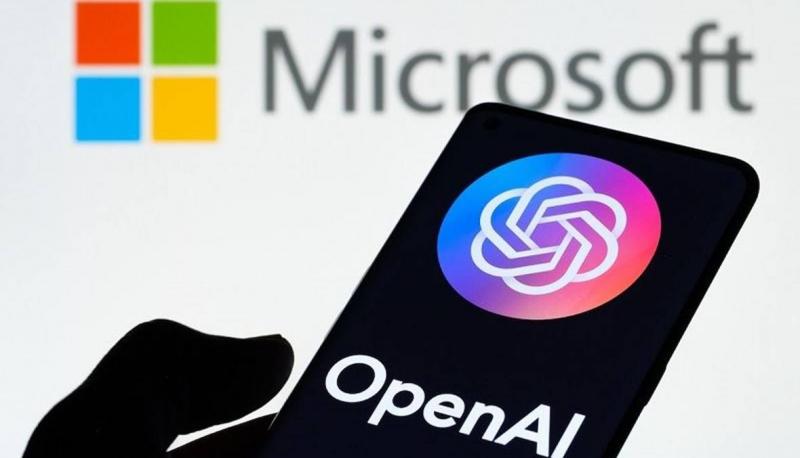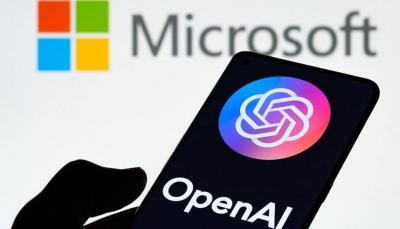Eight American newspapers, including the Chicago Tribune, filed a lawsuit on Tuesday against OpenAI, the company behind ChatGPT, and Microsoft, its main investor, accusing the two companies of violating their intellectual property rights in creating technology used in artificial intelligence programs. The lawsuit, filed in a New York court, states that "this lawsuit arises from the fact that the defendants stole millions of copyrighted articles from publishers, without permission or payment, in order to market generative AI products, including ChatGPT and Microsoft’s Copilot."
The plaintiffs, which include the New York Daily News, Chicago Tribune, Orlando Sentinel, South Florida Sun Sentinel, San Jose Mercury News, Denver Post, Orange County Register, and St. Paul Pioneer Press, are part of Alden Global Capital, a hedge fund based in Florida that has created the second-largest newspaper group in the U.S. after Gannett, the owner of USA Today.
According to the plaintiffs' attorney, "this trial will prove that the defendants must obtain publishers' consent to use their content and compensate them fairly for this use." The plaintiffs also criticized AI tools for providing excerpts of articles and attributing misleading or inaccurate information to publications in some cases.
Many authors, artists, and news websites have accused OpenAI and its competitors of infringing on intellectual property rights in the race to develop generative AI (tools that produce text, images, and other media based on simple everyday language requests), which requires vast amounts of data.
At the end of December, the New York Times also filed lawsuits against OpenAI and Microsoft for the same reasons. The California startup highlighted "constructive partnerships and discussions with many media outlets around the world to explore opportunities, address concerns, and provide solutions." They noted licensing agreements for content with media organizations, including the Associated Press, Germany’s Axel Springer Group, the French daily Le Monde, the Spanish group Prensa Media, and the British Financial Times, which joined the list on Monday.
In the case facing the New York Times, OpenAI vigorously defended itself, stating that using publicly available data, including news articles, to train its models does not constitute a violation of intellectual property rights. The startup also accused the American daily of "hacking" ChatGPT to obtain "highly abnormal results." Microsoft declined to comment on the complaints filed against it.




